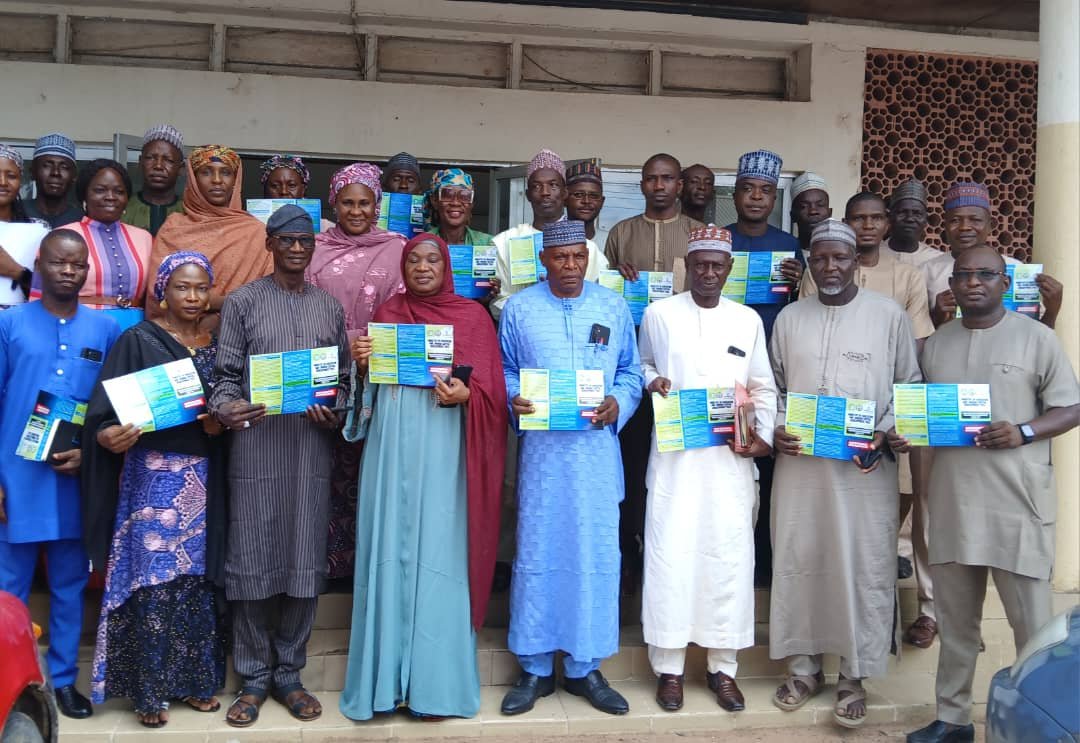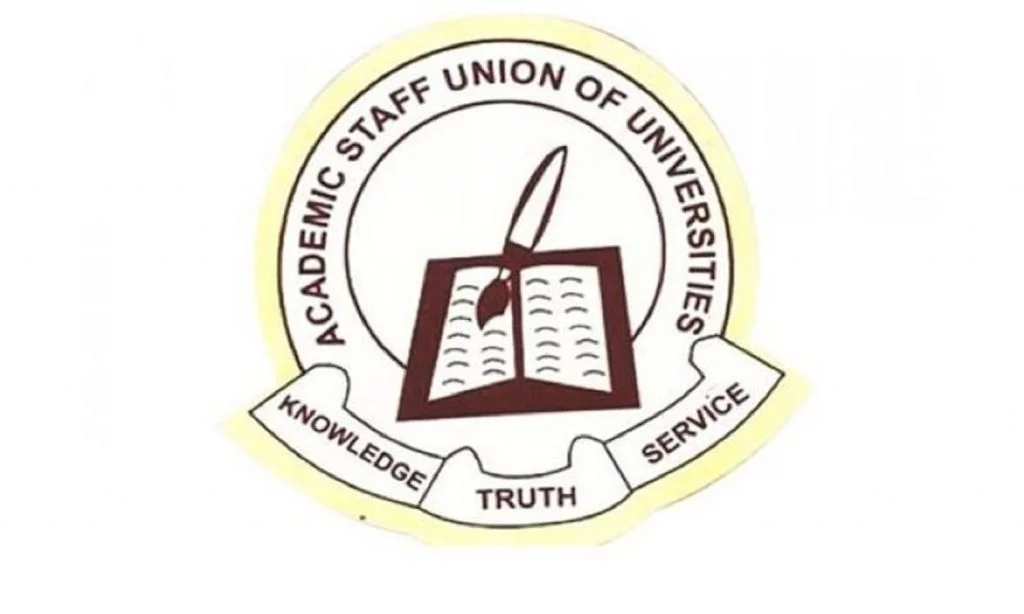By Talatu Maiwada
The Adamawa State Government on Friday begun sensitisation engagement with stakeholders on the Adolescent Girls Initiative for Learning and Empowerment (AGILE) project.
AGILE, is a World Bank supported initiative, implemented by the Ministry of Education and Human Capital Development.
The project aims to improve secondary education opportunities for adolescent girls between the ages of 10 and 19, across the 21 Local Government Areas (LGA’s) in the state.
The engagement involved the sensitisation of 100 selected senior secondary school principals on life skills.
The event also featured Sensitisation of Zonal Quality Assurance Officers on roles and responsibilities and Appointment of five Zonal School Based Management Committees (SBMC).
Dr Umar Pelle, Commissioner for Education and Human Capital Development in Adamawa, disclosed this during the sensitisation meeting.
Represented by Aisha Umar, the Permanent Secretary of the Ministry, Pelle, stated that the aim of the sensitisation was to introduce AGILE project to key stakeholders for effective implementation and sustainability.
“ Principals are being sensitised as heads of their schools, and the quality assurance officers responsible for proper monitoring and evaluation will ensure sustainability and effective implementation.
” We want them to sensitise parents and guardians in their communities about the importance of education, especially the girl child, so they can embrace it and ensure its success.
“ This project will empower girls with knowledge, skills, and financial stability, particularly those who were not oppotuned to school or dropped out due to social or economic reasons.” he said.
Pelle urged the stakeholders to lead by example and to be passionate about creating awareness and encouraging every child, to enrol in, and remain in school.
Mr Bathon Ati, Monitoring and Evaluation Officer for the AGILE project, explained that adolescent girls in Nigeria face unique challenges that exclude them from secondary education.
These challenges he said include; gender-based violence (GBV), female genital mutilation (FGM), rape, early marriage, cost of schooling, among others.
Ati outlined the three main components of the project, which aimed to improve educational opportunities for girls in the state:
“Firstly, creating safe and accessible learning spaces, by constructing new classrooms, rehabilitating existing ones, and providing teaching and learning materials to create safe, inclusive, and conducive environment.
“Secondly fostering an enabling environment for girls; by promoting social and behavioural change through advocacy, empowering girls with life skills to navigate adulthood and digital literacy.
“It will also provide financial incentives to the poorest households, as well as ensuring proper management and accountability in project implementation,” he said.
Mr Siddiki Liman, Adamawa State Coordinator for AGILE, added that the sensitisation was designed to ensure that each stakeholder understands their roles and responsibilities as implementing partners.
He emphasised the importance of the School Improvement Grant (SIG), which would be used to meet the critical needs of schools across the 21 LGA’s.
Mrs Tadakapwa Kaford, a beneficiary and Principal of Villanova Government College, Numan, praised the project as a revolutionary step for the state.
She expressed hope that the cash incentives would motivate communities to bring every girl-child back to school, helping them know their rights and become relevant members of society.




